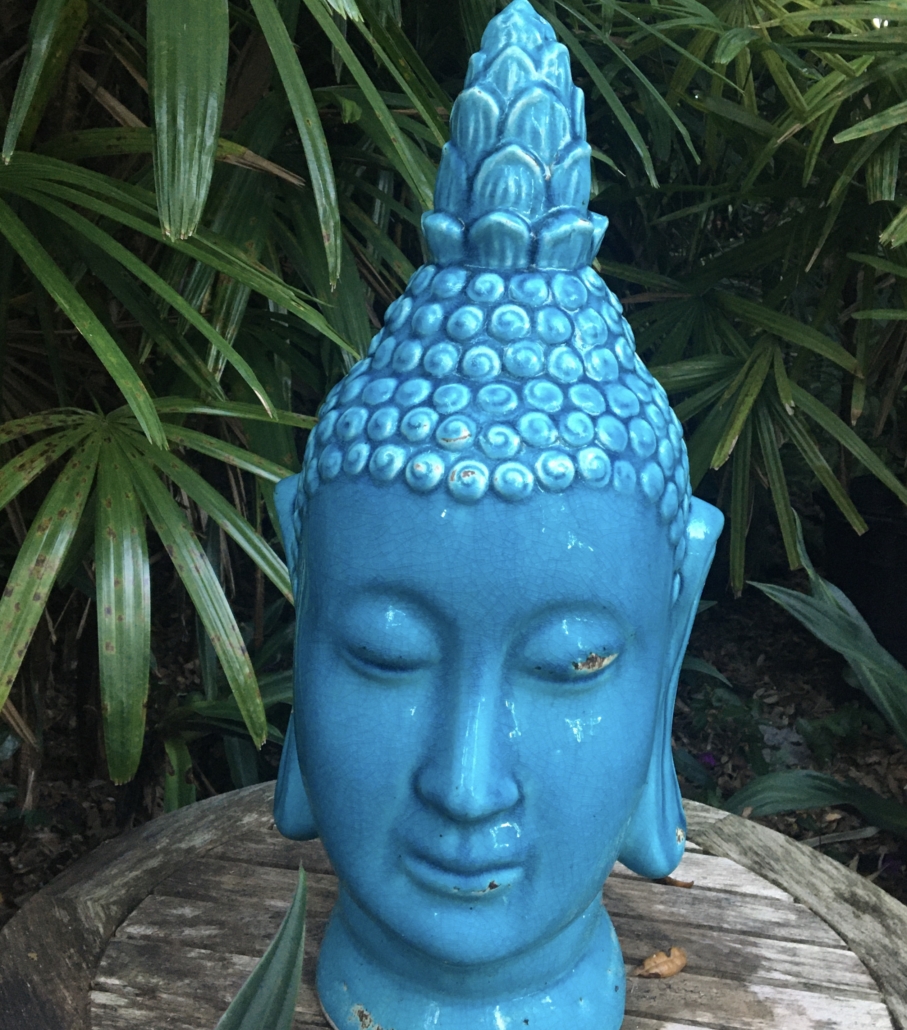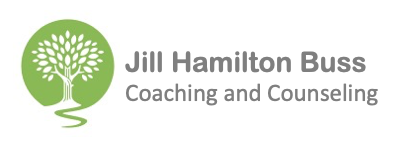Hello? Are You There?
Did you know that at any given moment, there’s a 50% chance you (and I) are not really “here”?
That is, we may have drifted off mentally, our attention getting hijacked by thoughts that are tied to stress, perceptions of threat or our lousy mood, “the kryptonite” for our attention, this according to neuroscientist and  University of Miami associate professor, Amishi Jha.
University of Miami associate professor, Amishi Jha.
In the Winter 2020 issue of Mindful magazine, Jha describes the ways in which our attention is (further) diminished by what many are calling “COVID brain”, the stressed-out state most of us are feeling due to prolonged and chronic stress resulting from the pandemic. Our attention, along with our general mental health, is another casualty in the pandemic.
The acronym “VUCA”, which stands for Volatility, Uncertainty, Complexity, and Ambiguity, pretty well describes our state of being with the pandemic, Jha reports and these high-stress, high-demand scenarios can rapidly degrade our capacity to pay attention.
And imagine if you didn’t have an efficient method to screen out the overwhelming stimuli coming into your brain like the proverbial firehose: politics, hurricanes, fires, kidnapping plots, racial unrest, home-schooling, COVID… Our brains are on such overload, our attention is flagging and Jha and her researchers assure us, it’s not our fault. We’re all overwhelmed because our brains are not designed for this.
I highly recommend the article and the key solution they recommend as the antidote to our fractured, stretched-thin attention – mindfulness. Like so many challenges we face, mental and physical, practicing mindfulness helps us develop greater present moment awareness which in turn allows us to “catch” ourselves as we start to veer off into dark, unhealthy mental territory.
With greater mindfulness, we can learn to catch our thinking before we’ve run into the mental ditch of “catastrophizing”, ruminating or other negative thinking patterns, that have us imagining the worst outcomes. There are many online courses for mindfulness training, plus podcasts, apps like CALM and Headspace and more if you’re new to mindfulness.
Jha’s research team has found that there are measurable benefits from a mindfulness practice of even just 12 minutes a day, 3 – 5 days a week. If you want a really deep dive, consider the Mindfulness Based Stress Reduction (MBSR) training, which was developed and popularized by Jon Kabat Zinn in the 80s and has steadily been gaining credibility and evidence that practicing mindfulness offers incomparable benefits to body and mind.
Now, if your attention drifted off while reading this, I hope you’ll read it again, or better yet, read the full article from Mindful Magazine. It’s a great resource for your mindfulness journey.



